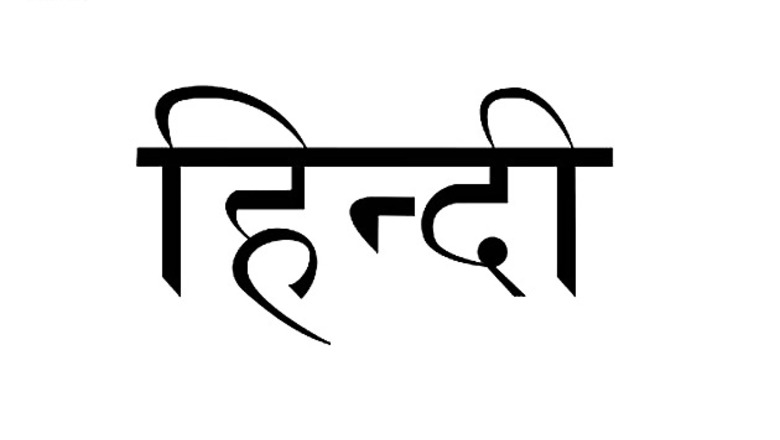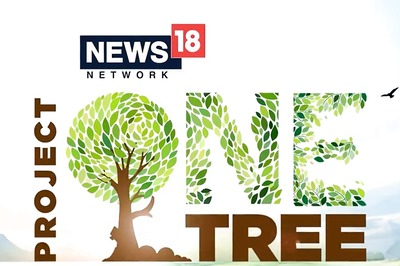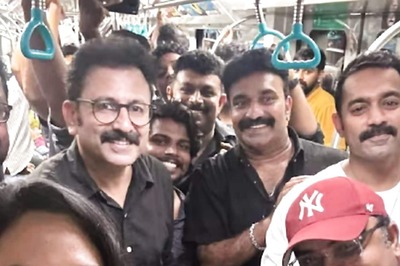
views
(*in writing this reflection, I must thank the thousands of learners who, in the last three decades, gave me an opportunity to learn with them in their classrooms)
The 21st century is seen by many as an age of initiative, innovation, and interactive learning. The debate among 'adult' decision makers on what is 'ideal' for children to study as their 'third language' is no less than the 'theatre of the absurd'. Learners hope for an academic 'freedom of choice', we offer them the 'choice of no freedom'; they aspire for a 'culture of openness', we suggest a new 'opening to cultural understanding'. They dream of a 'new world', we present an 'old world' with classically defined choices. Pray how then can we transform our 21st century classrooms in India, from spaces of 'teaching' to zones of 'learning'?
The ongoing controversy over the third language in Kendriya Vidyalayas from 6th to 8th standard is a sad reflection of choices being thrust on 'young' learners without even a moments thought on what are their aspirations and expectations. The unseemly and messy controversy has brought to the fore a range of issues which merit attention: When a choice has been offered for some time and an option has been exercised by learners, is it fair to change policy midway? Is it not an insult to the choice that was consciously exercised by learners and their parents? Do learners have a say as stake holders in the process? When the world is moving towards an educational process that places a premium on flexibility and wider options are we going in reverse gear towards rigidity and compulsion? Are student to learn a language for the love of that language or is language an instrument for securing socio-cultural orientation? Each question deserves elaborate engagement.
The decision of the government to offer German as an alternate third language was implemented and the choice so made was consciously exercised by some students. It is a different debate whether offering this choice violates the Constitution or/and goes against the principles of the National Curriculum Framework. While the Constitution does speak of 22 languages, it does not explicitly mandate that only one of these languages should be taught in the educational system. On the more vexed question of the three language formula, it can be contested whether the spirit of the three language formula has truly been implemented in spirit, especially in the Hindi speaking states. In its original form, this formula was seen as a way to assuage the feelings of people in those states where Hindi was not the mother tongue. A three language formula would give primacy to the mother tongue (if not Hindi) besides allowing the child to also learn Hindi and English. The challenge arose in the Hindi speaking states, which insisted on diluting this formula and focusing on just one language - Hindi. Returning to the main argument, when a choice (rightly or wrongly) was offered to learners that they could opt for German, should there not be (as the Supreme Court has stated) a process by which the rights (and interests) of those who exercised the option of German is protected. One was aghast to hear the counter argument that those who had opted for German will be required to now study Sanskrit at an elementary level. This speaks volumes of the spirit behind the change... Give up a language which you have studied for some time and take on the basics of a new language... Learning and proficiency can well take a back seat!!! There is no other sure way to snatch away the joy from learning!
The second issue that merits attention is the process that seems to be followed for taking such critical decisions? Has there be any process of consultation with stake holders in this regard? At the end of the day the most important stake holder is the learner. Have they somewhere, somehow and in some way been consulted? Has their opinion been budgeted in any of these decisions which involve their future? Is it not time that a top-down approach be replaced by a bottom-up approach? I return to the point made earlier on the joy and excitement of learning. Such decisions, snatch away the opportunity of learners taking the 'ownership for learning' and force a system of 'dictation of teaching', a fact that has plagued our system of education for years.
Thirdly, the current debate raises an important question on whether our education system is moving towards greater 'flexibility of choices' or 'rigidity of procedures'. In the modern day and age, we should be moving towards an educational framework that offers greater flexibility, fosters love for learning and promotes innovation, creativity and excellence. We should have the option and opportunity to learn from a wider 'menu' of choices. The current debate appears to push the system towards greater regimentation and an absence of meaningful choices. If teachers of a language are in place, if learners have opted for a language, should one not 'celebrate diversity' rather than seek 'conformity to a choice dictated from above'.
Finally, learning a language is intrinsically about the love for a language. The anti-Hindi agitation was not about language per se but about what a language represents. It is often said that the greatest obstacle to the spread and acceptance of Hindi has been the way that the promoters of the 'Hindi project' have sought to impose the language. As one who speaks Hindi fluently even though it is not my mother tongue, I have often been asked how do I speak Hindi so well... As if what I do is a serious crime! The point I wish to stress is that one learns a language as one is attracted to it. By mandating that a particular language must be the third language, one may actually be doing a great disservice to that language. There is no shadow of doubt that Sanskrit must enjoy a pride of place. There is also no refuting the fact that Sanskrit is intrinsically intertwined with Indian tradition. To say therefore, that children must learn Sanskrit to understand and appreciate our cultural values and ethos is stretching the argument a bit too far. We imbibe values on the basis of our 'lived and shared experience' and not on account of some 'formal process' of teaching that is thrust upon us.
The process of education and the joys of learning are too precious an experience to be tinkered with and experimented from time to time. Let's bring back the excitement of 'learning' to the classrooms by giving the learner to exercise meaningful choices and take ownership for this very important life experience.
(Sandeep Shastri is a noted political analyst and pro vice chancellor, Jain University, Bengaluru)



















Comments
0 comment